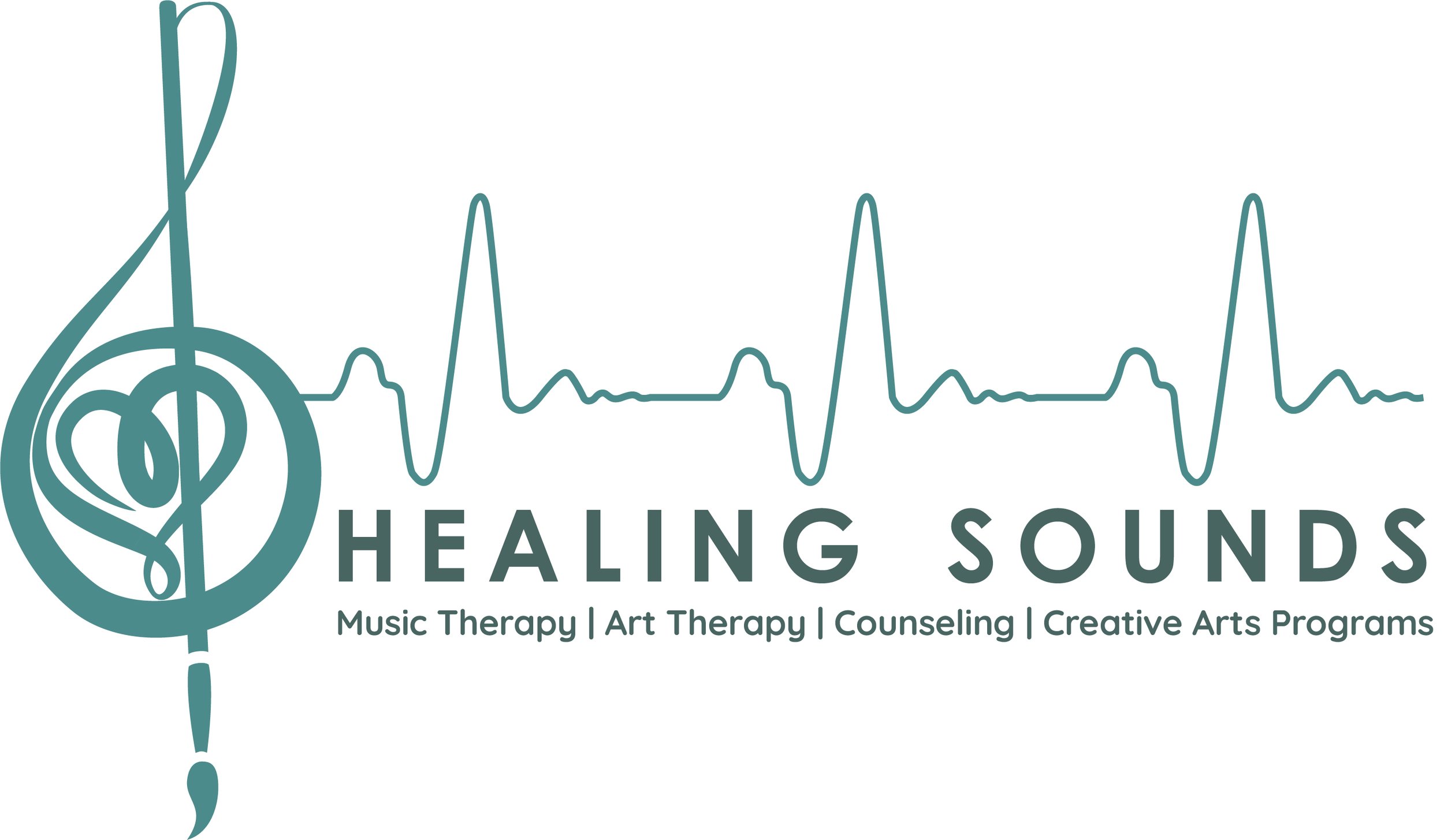What is Music Therapy?
The most frequent question we get as music therapists is what is music therapy? It is human nature to make sense of the world around us through connecting to what we already have knowledge of. Often when asked this question, people tell us they use “music therapy” daily to move their mood from sad to energized or to relax after a stressful day, and maybe you can relate. Most people understand the important role music has had in their development and will bring up a personally significant song. This includes music for learning through the alphabet song and School House Rock, as well as music that holds a special connection like Casey Kasums’ Top 40, the song from your first romantic relationship or the music used in weddings and funerals.
But what is music therapy for real?
Music therapy is the use of music interventions to reach non-musical goals. Similar to OT, SLP and PT, after the completion of a formal assessment, a treatment plan with individualized goals is developed alongside the client or family. Through the use of music therapy techniques, we work on essential skills like socialization, emotional regulation, attention, communication and academics.
Okay…so what IS music therapy?
The American Music Therapy Association says it like this: “Music therapy is the clinical and evidence-based use of music interventions to accomplish individualized goals within a therapeutic relationship by a credentialed professional who has completed an approved music therapy program.”
What qualifications does a music therapist have?
Music Therapists must have a degree in music therapy followed by a supervised 6 month clinical internship. As an established healthcare profession, music therapists hold a national credential with strict continuing education requirements.
So how can music therapy help me?
Music therapy services are based on the strengths, needs and preferences of each client. When developing a treatment plan, a therapist works to highlight strengths, improve needs and to utilize the musical preference and instrument for each client. Together, therapists and clients strengthen abilities and transfer the skills into other areas of their life. In addition, music therapy provides avenues to express feelings, thoughts and needs for people that find verbal communication difficult. Because music therapists use music to reach non-musical goals, increased involvement and excitement for therapy is typical and can lead to faster results.




